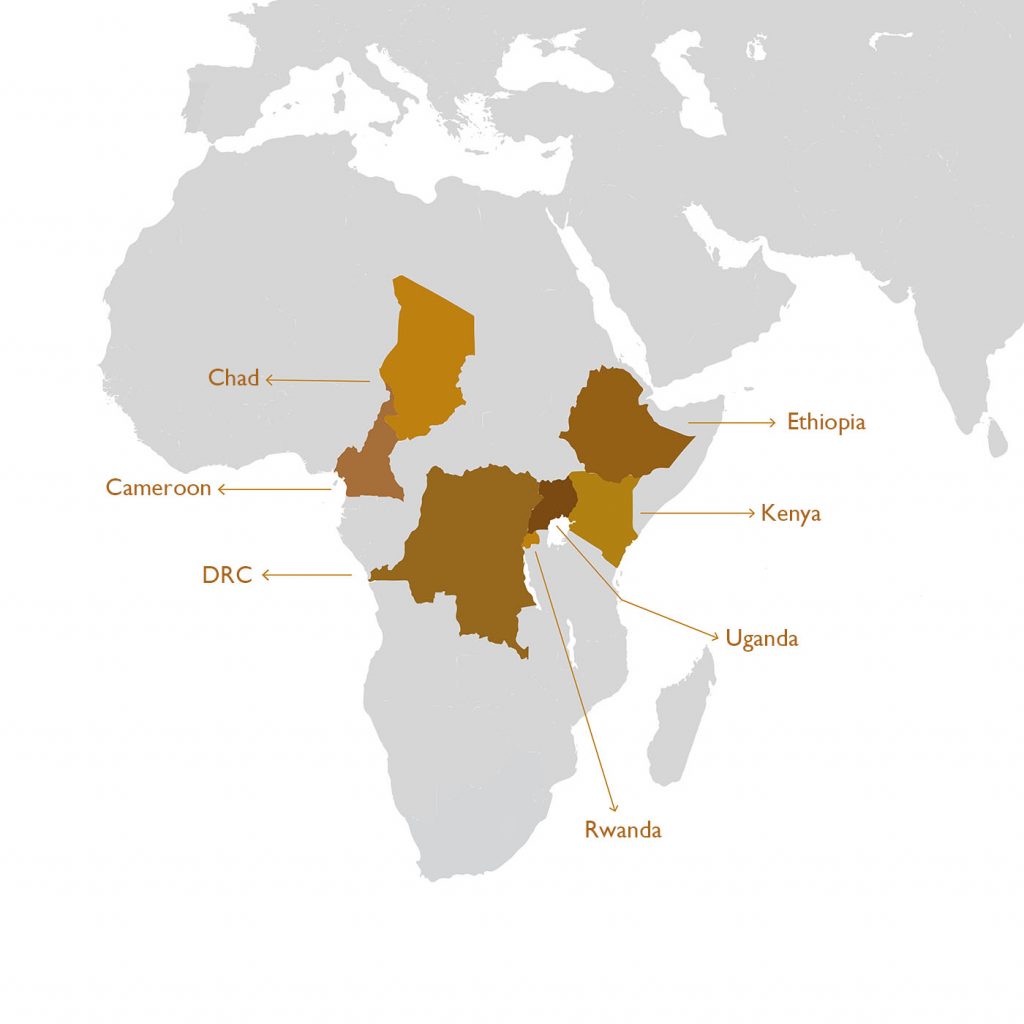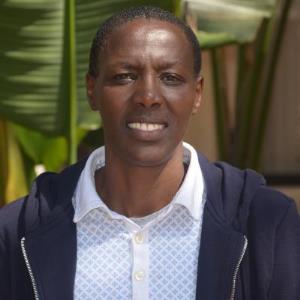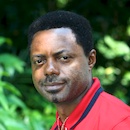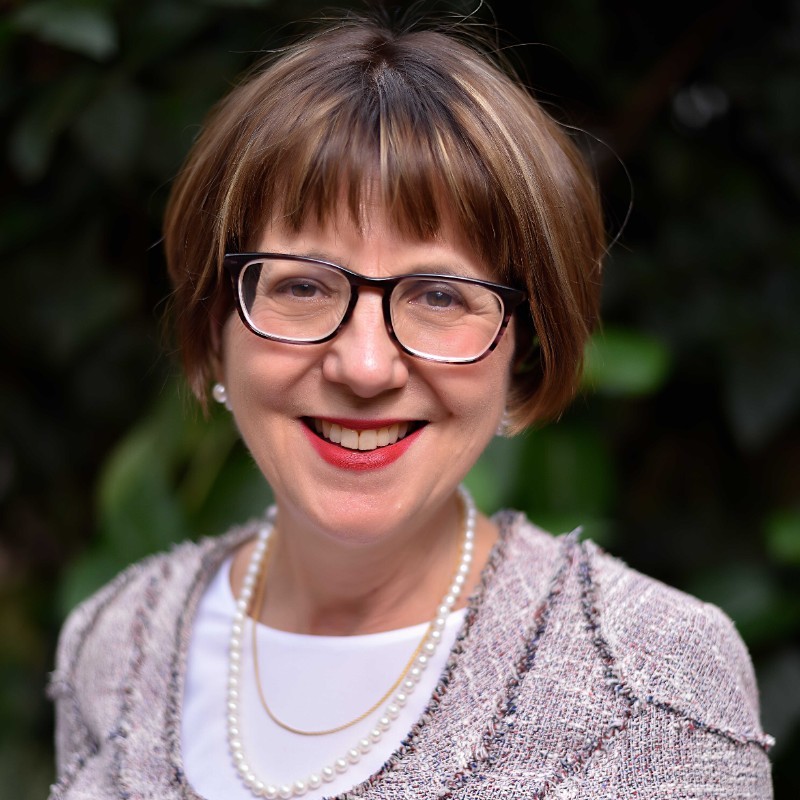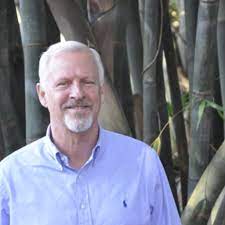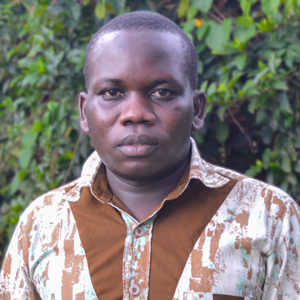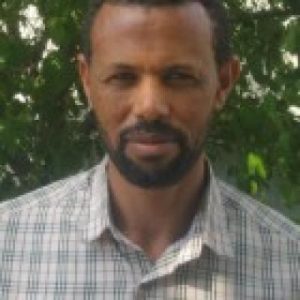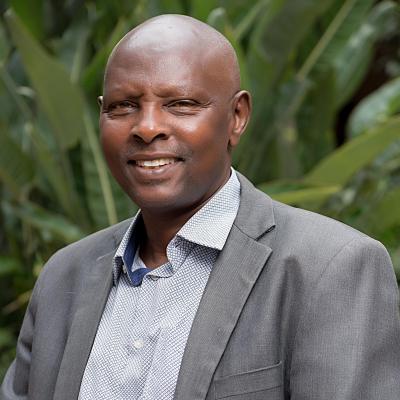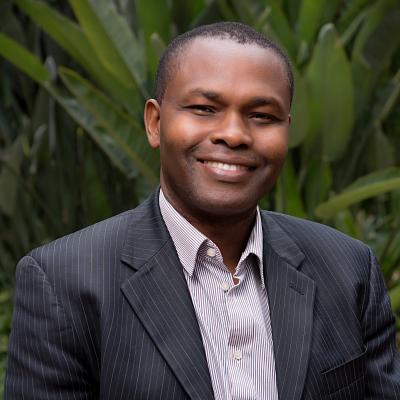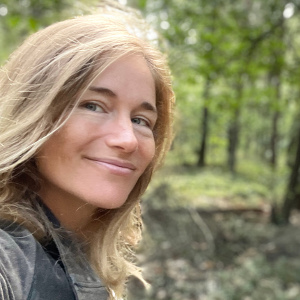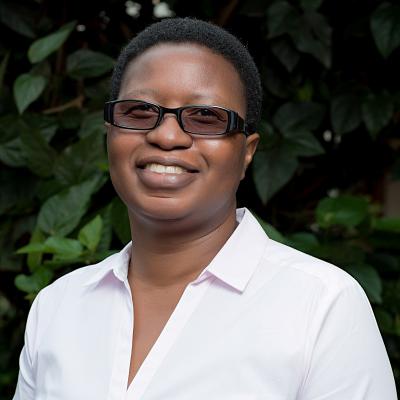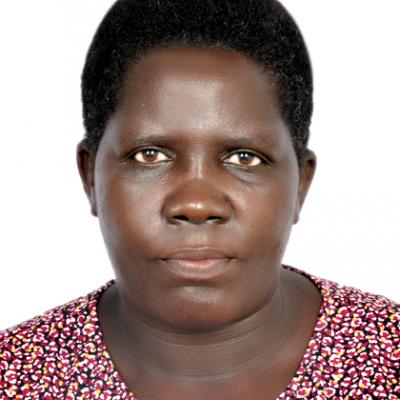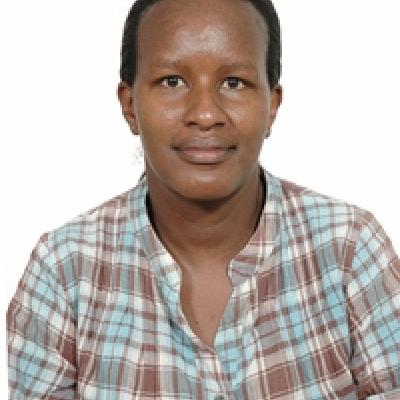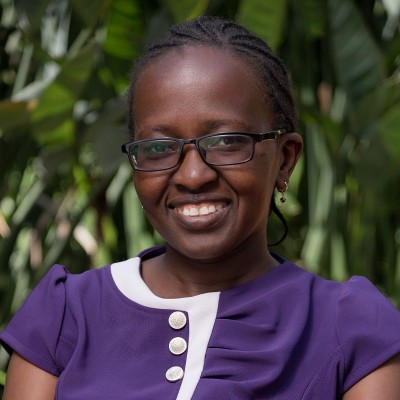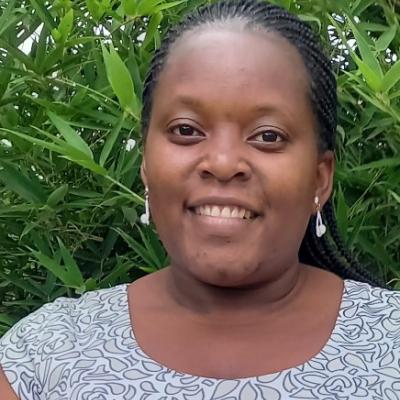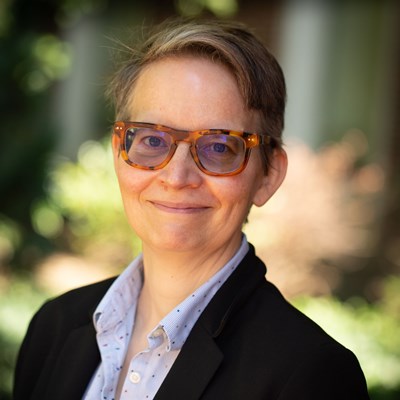Sub-Saharan Africa hosts about a third of the world’s refugee population, which has risen from about 2 million to over 6 million in a decade. Forced migration – mainly driven by poverty, conflict, political instability and climate change – is changing some sub-Saharan African landscapes as the need to build shelter, source woodfuel, and create new agricultural or pastoral land depletes natural resources.
Achieving long-term solutions in refugee landscapes has been a challenge, but one that also presents an opportunity. Much of the long-term damage can be avoided if early interventions include Nature Based Solutions for provisioning of basic needs, resilient livelihoods and landscapes. Deforestation and land degradation can be reversed if long-term solutions are sought through dialogue with both refugee and host communities, as well as other stakeholders.
The Refugee-hosting Engagement Landscapes programme in Africa aims at viable equitable livelihoods in resilient landscapes that foster well-being for people and the planet.
CIFOR-ICRAF and partners, such as UN agencies, governments, development partners, funders, non-governmental organizations, community based-organizations and research and academia, are applying a landscape approach that delivers evidence-based, actionable and context-based gender-responsive innovations for resilient social ecological systems. This approach promotes collaboration and synergies between actors; contributes to international dialogue; and informs planning, programming and policy development.
To begin, the programme is focusing on seven countries, with interventions allowing for collaboration across regions.
